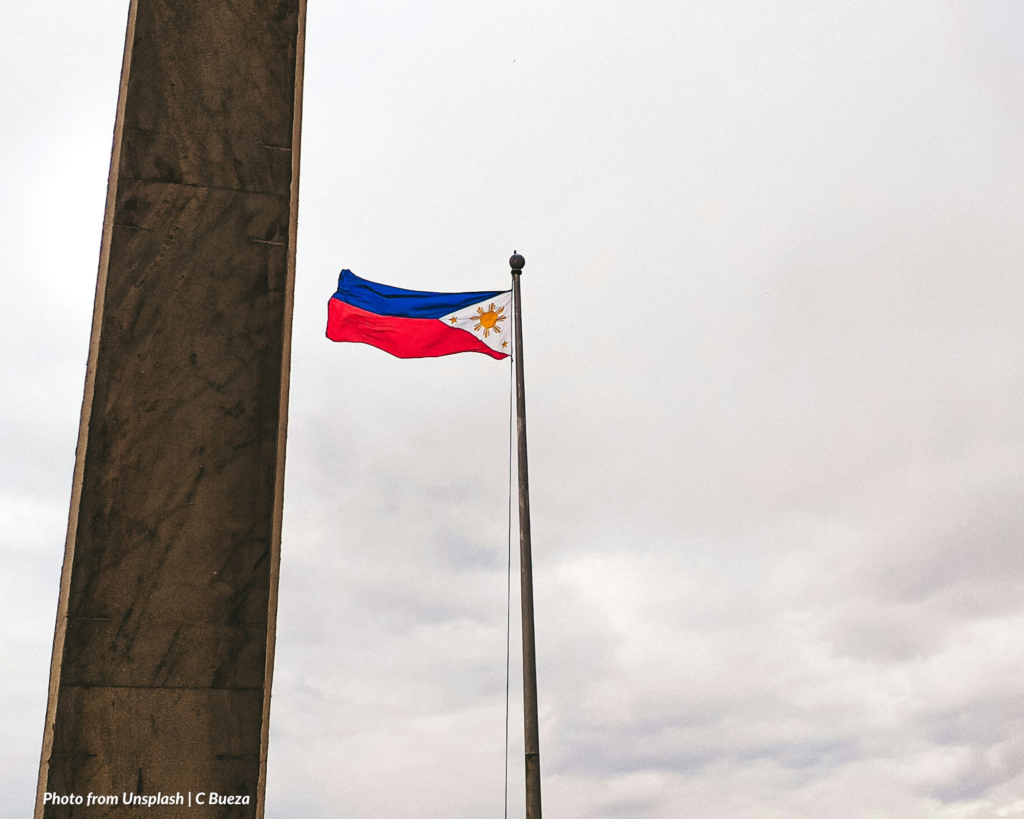
Photo from Unsplash | C Bueza
The following post does not create a lawyer-client relationship between Alburo Alburo and Associates Law Offices (or any of its lawyers) and the reader. It is still best for you to engage the services of a lawyer or you may directly contact and consult Alburo Alburo and Associates Law Offices to address your specific legal concerns, if there is any.
Also, the matters contained in the following were written in accordance with the law, rules, and jurisprudence prevailing at the time of writing and posting, and do not include any future developments on the subject matter under discussion.
AT A GLANCE:
Dual citizenship arises when as a result of the concurrent application of the different laws of two or more states, a person is simultaneously considered a national by the said states.
Dual allegiance, on the other hand, refers to the situation in which a person simultaneously owes, by some positive act, loyalty to two or more states.
While dual citizenship is involuntary, dual allegiance is the result of an individual’s volition.
(Ernesto Mercado v. Eduardo Barrios Manzano and COMELEC, G.R. No. 135083, May 26, 1999)
“Dual citizenship is different from dual allegiance.” – this is the ruling in the case of Ernesto Mercado v. Eduardo Barrios Manzano and COMELEC (G.R. No. 135083, May 26, 1999)
In this case, the Supreme Court ruled that:
“The former arises when, as a result of the concurrent application of the different laws of two or more states, a person is simultaneously considered a national by the said states.9 For instance, such a situation may arise when a person whose parents are citizens of a state which adheres to the principle of jus sanguinis is born in a state which follows the doctrine of jus soli. Such a person, ipso facto and without any voluntary act on his part, is concurrently considered a citizen of both states. Considering the citizenship clause (Art. IV) of our Constitution, it is possible for the following classes of citizens of the Philippines to possess dual citizenship:
(1) Those born of Filipino fathers and/or mothers in foreign countries which follow the principle of jus soli;
(2) Those born in the Philippines of Filipino mothers and alien fathers if by the laws of their father’s’ country such children are citizens of that country;
(3) Those who marry aliens if by the laws of the latter’s country the former are considered citizens, unless by their act or omission they are deemed to have renounced Philippine citizenship.
There may be other situations in which a citizen of the Philippines may, without performing any act, be also a citizen of another state; but the above cases are clearly possible given the constitutional provisions on citizenship.
Dual allegiance, on the other hand, refers to the situation in which a person simultaneously owes, by some positive act, loyalty to two or more states. While dual citizenship is involuntary, dual allegiance is the result of an individual’s volition.”
Additionally, Section 5, Article IV of the 1987 Constitution provides that:
“Dual allegiance of citizens is inimical to the national interest and shall be dealt with by law.”
It must be remembered that under Republic Act No. 9225 or the Citizenship Retention and Reacquisition Act of 2003, specifically Sections 2 and 3 thereof, the law is not concerned with the dual citizenship per se, but with the status of naturalized citizens who maintain their allegiance to their countries of origin even after their naturalization.
Related Article/s:
Can Foreigners Become Citizens of the Philippines?
Alburo Alburo and Associates Law Offices specializes in business law and labor law consulting. For inquiries regarding taxation and taxpayer’s remedies, you may reach us at info@alburolaw.com, or dial us at (02)7745-4391/0917-5772207.
All rights reserved.

